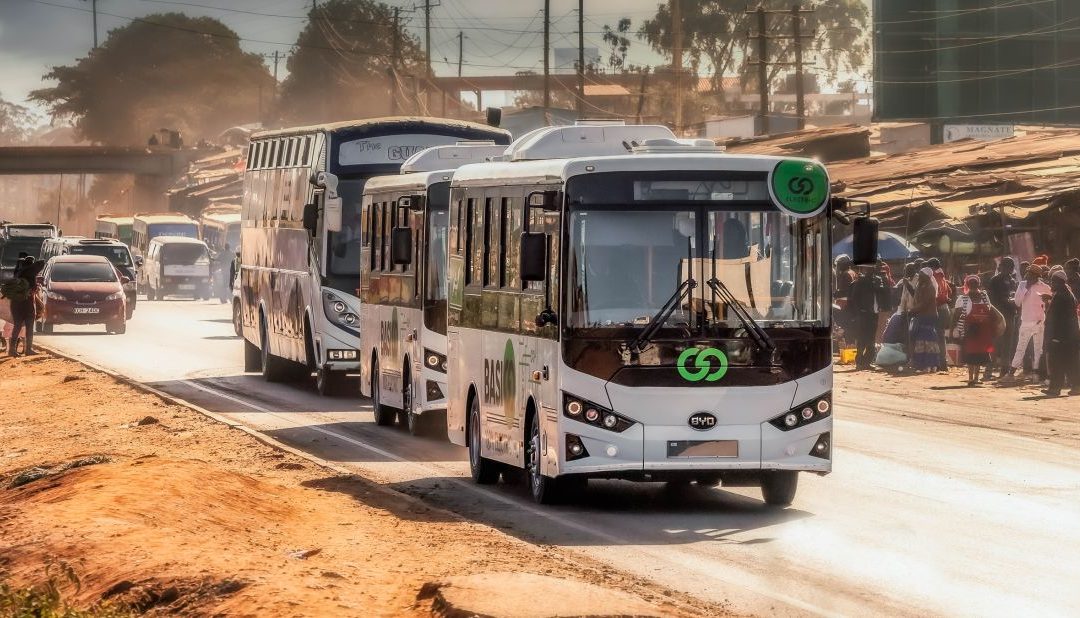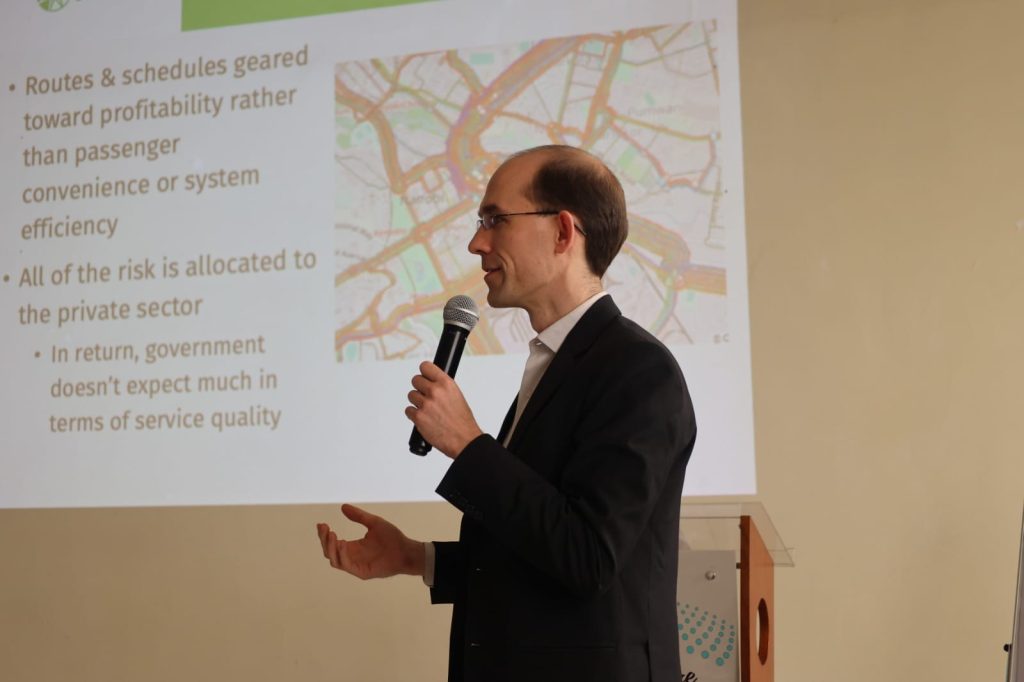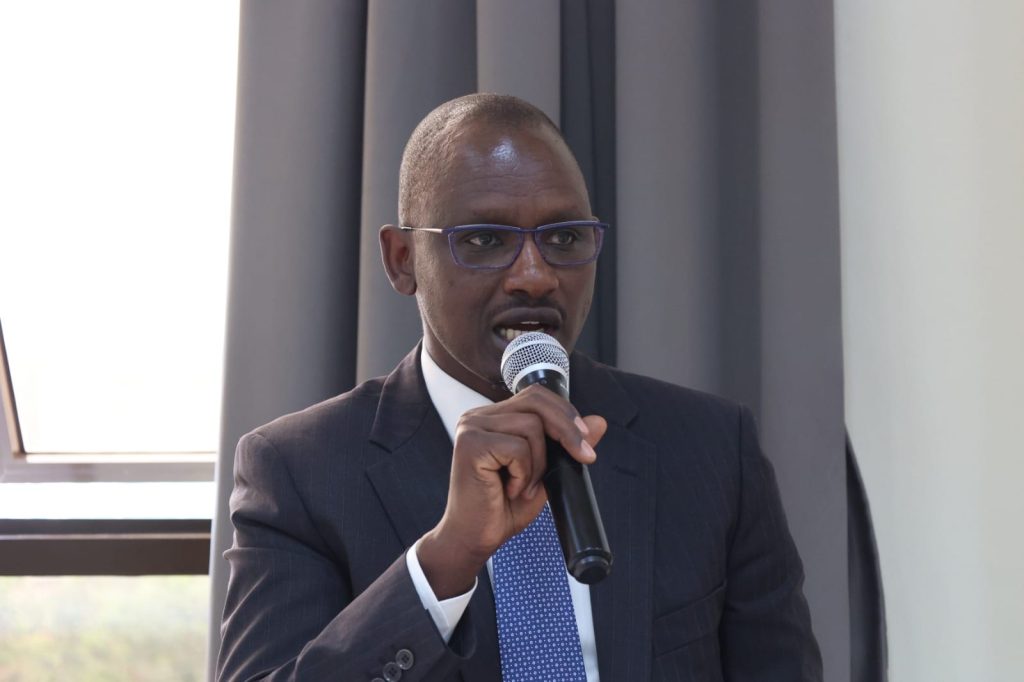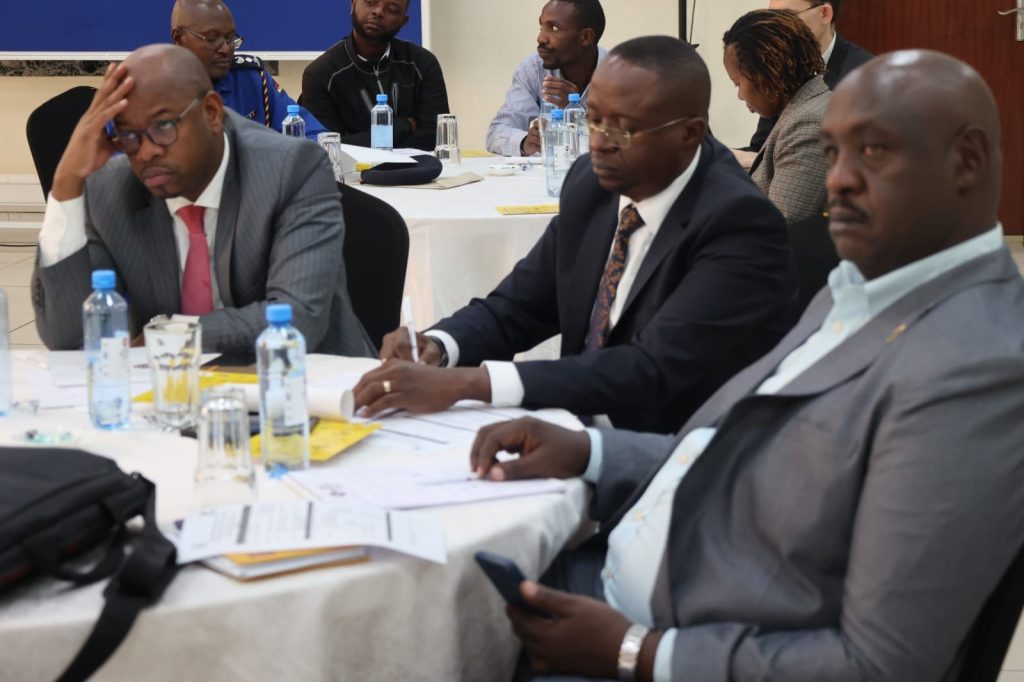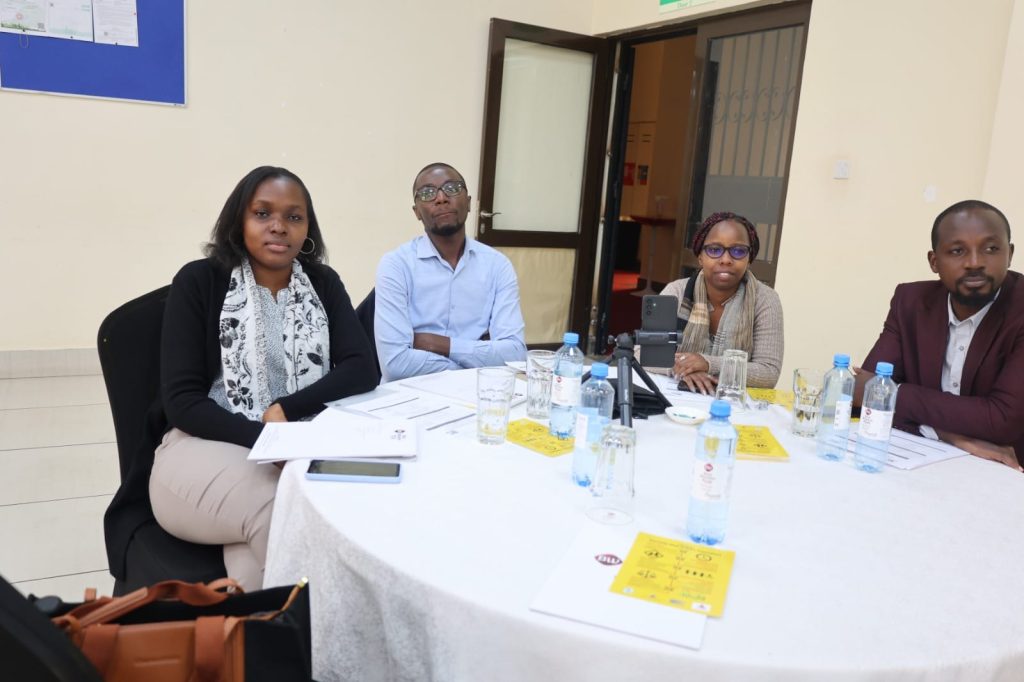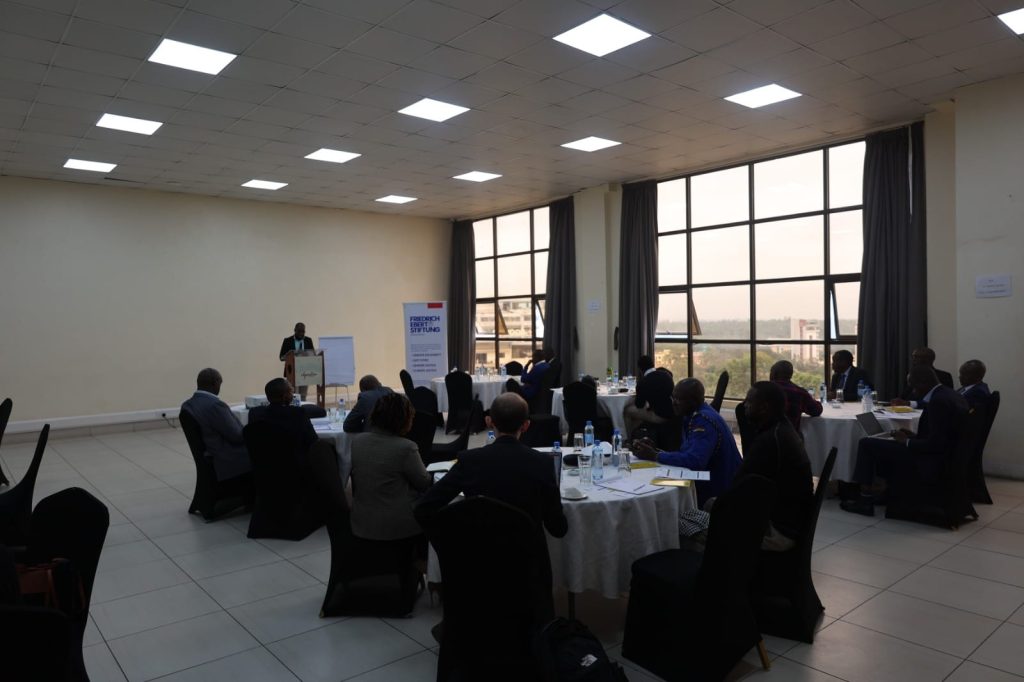Kenya is leading in the region on transitioning towards e-mobility in the Public transport sector.
In Kenya today, electric public transport buses are supplied by two companies namely BasiGo and Roam Electric. BasiGo has the biggest market share followed by the latter in E-buses but on the other hand, Roam Electric has the biggest market share on Electric Motorcycle, Roam Air.
Both BasiGo and Roam Electric have been improving their designs to make them suitable to the Kenyan market coming up with “made in Kenya” designs.
E-motorcycles have enhanced last mile connectivity at an affordable cost. Roam electric scaled up the production of the same after launching Roam Park, Eats Africa’s first largest electric motorcycle assembly plant.
E-buses and E-motorcycles seem to have gained preference from the drivers/cyclists, investors as well as the passengers due to their comfort and efficiency. The manufacturers have even come up with attractive and flexible purchase terms like Pay as you drive option.
E-mobility being an emerging trend in Kenya, the Government recently constituted National Taskforce on E-mobility whose membership was drawn from professionals in the Transport sector that included Government officials, operators and private sector. The mandate was to develop National e-mobility policy. The task force has had their first public participation engagement and their report is in yet to be publicized.
Many hope that among the recommendation in the Taskforce report will be the proposals for Government incentives in order to cushion the operators on the cost of the e–buses.
The report should also give guidelines to allow fair level playing between the e-buses manufacturers as well as the indigenous dominant diesel vehicle manufacturers. Recently, the government through KEBS issued a guideline banning importation of E-buses whose battery life is less than 80%, and also importation of second hand or used electric vehicles must be subjected to mandatory pre-inspection by Quality Inspection Services Inco. (QISJ) which is the KEBS appointed inspection agent for motor vehicles. This measure geared towards avoiding dumping, which will have a negative impact on our environment.
The current supply of the e-buses is low but we appreciate the efforts made by the existing assemblers to expand their production capacity. Through attractive government incentives, the current diesel buses manufactures can also have the capacity to diversify to e-buses on top of the new market entrants like BasiGo, Roam Electric and the many others to come. This will also create more employment, meeting the demand and also giving the operators/buyers options. This will also have a positive effect on the costs of buses.
The Government should also enhance the infrastructure by building charging stations across the country to allow for scalability of e-buses to regions outside Nairobi.
African cities have a common challenge when it comes to Public Transport from the combined pressures of rising fuel prices to the urgent need for a not only reliable, but also a Sustainable Public Transport System.
Roam Electric recently got USD 24 Million in funding to accelerate electric mobility solutions in Africa; this after BasiGo had received a grant of USD 1.5 Million to expand to Rwanda late in 2023.
The USD 24 Million funding secured by Roam entails USSD 14 Million in series A equity funding led by Equator Africa with notable contributions from At One Ventures, TES Ventures and others alongside an additional USD 10 Million debt commitment from The US Government’s International Development Finance Corporation (DFC). BasiGo on the other hand secured the USD 1.5 Million grant from USAID.
All these funding are aimed to:
- Expand the production of locally designed and manufactured Electric Motorcycles and Buses
- Investing in research and tooling for cost efficiency
- Streamlining local and global supply chain networks
Opening up public transport in Kenya to innovations such as e-mobility is not only revolutionizing the public transport sector, but also making our public transport align with the ever growing population and better still, with sustainable mobility, we are reducing on decarburization which has impacted on climate change.

